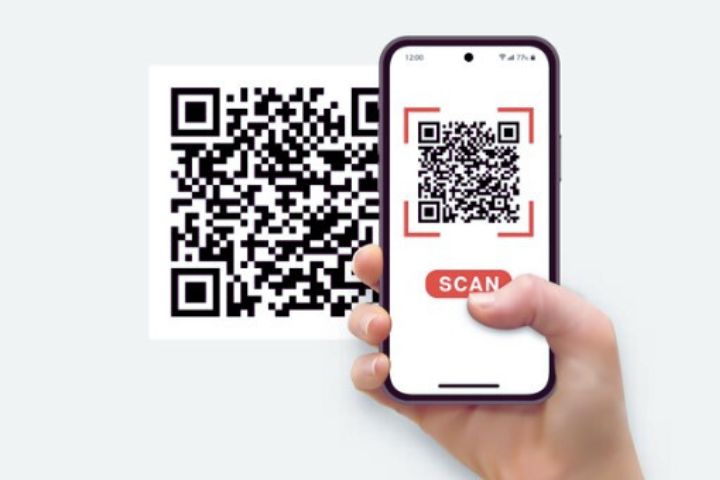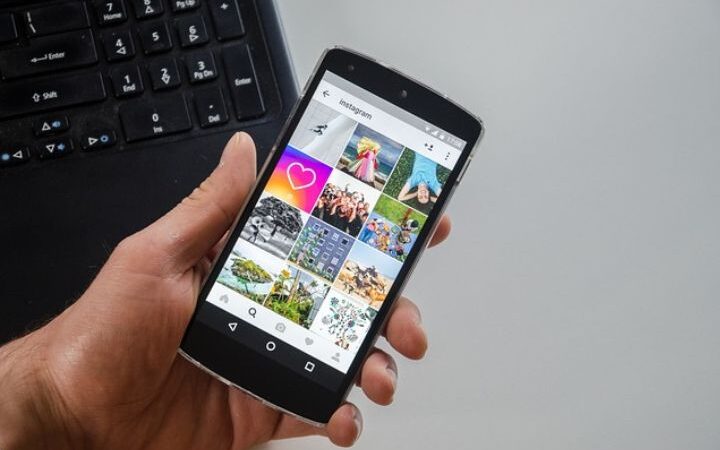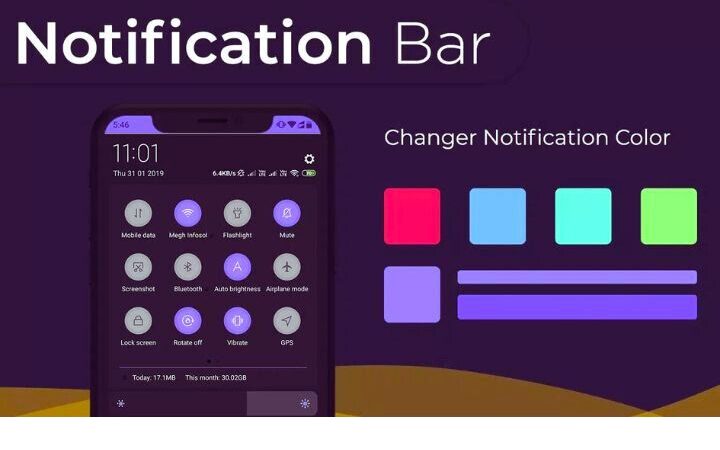Why Scanning Random QR Codes Could Be Dangerous

QR Scanner: Quick response or QR codes have grown exponentially in recent years. Smartphones can scan these square barcodes to access website contact information or trigger various actions. With over a billion smartphone users globally, the QR scanner on our devices provides an effortless way to obtain digital content or make payments. However, the convenience that QR codes offer comes with security risks that one needs to be cautious about.
QR codes are used everywhere, from advertisements to product packaging, to provide additional details. Their unrestricted use and lack of any context is where the threat lies. The growing reliance on QR scanners to access information makes it easy for cybercriminals to take advantage through tampered or fake codes. Although very few people may fall for such social engineering traps, raising awareness about the potential downsides of casually scanning unknown QR codes is still essential.
Table of Contents
Risks Of Random QR Code Scanning
Scanning random QR codes found in public places, like parking lots, restaurants, etc., should always be avoided. The QR code could have been deliberately tampered with or planted to redirect users to malicious websites designed to steal personal data. Hackers can simply replace the original code with a fake one, leading to phishing pages. Once scanned through a QR scanner app, the user loses control over where they land. This vulnerability has rendered many unaware smartphone users victims of theft in the past.
Furthermore, public QR codes in less-secured locations run the added risk of the code data being modified maliciously, even if originally safe. Hackers deploy techniques like sticker spoofing, where a different QR code overlaps to change the scanned content. Unless one visually inspects the code for any tampering, they could transfer funds to the wrong accounts or install malware simply by following this momentary prompt from their device’s QR scanner screen.
Normalizing Risky Behavior
Advertisements normalizing behaviours involving casual QR code scanning further desensitize people to these dangers. When big brands run promotions incentivizing users to scan codes for rewards randomly, it indirectly promotes unsafe digital habits. For instance, the popular cryptocurrency exchange Coinbase’s TV ad showing a code bouncing around implied scanning it was perfectly safe. While their offer was legitimate, such campaigns failed to raise legitimate security concerns around QR scanners and unthinkingly following untraceable codes.
Instead of promoting a lax attitude, organizations must educate audiences about potential red flags to watch out for while using QR scanners. Users should be wary of unsolicited codes lacking any context of the group or website they represent. Checking for the destination webpage URL before scanning unknown codes allows you to confirm they match expectations and aren’t suspicious imitations designed for phishing or malware installations. This extra verification step takes only a few seconds but could save users from irreversible harm.
Avoiding QR Scanner Risks
To maximize safety while using QR scanners, following some basic best practices is advisable:
- Only scan QR codes from trusted sources with a clear calling organization or brand behind them. Unknown public QR codes found lying around should be avoided.
- Inspect the visual QR code for any signs of tampering, like overlapped stickers or damage, before scanning.
- Check the URL displayed before being redirected from the QR scanner to verify it matches expectations for the associated group/context.
- Refrain from installing apps or providing sensitive data directly from a QR scanner session without confirming the destination site’s authenticity and security.
- Educate less tech-savvy friends and family members about QR code risks so they don’t fall for social engineering traps involving fraudulent QR scanners.
- Report any suspicious public QR codes found to the associated establishment or authorities for prompt investigation.
Conclusion
While QR codes add convenience for information exchange, users are responsible for exercising caution by avoiding casual scanning of random, unsolicited codes. Simple verification steps can help safeguard privacy and finances against the rising cyber threats targeting this contactless channel. With prudent QR scanner usage habits, the risks they pose can certainly be managed.
Also read : Deleted Reddit Posts






